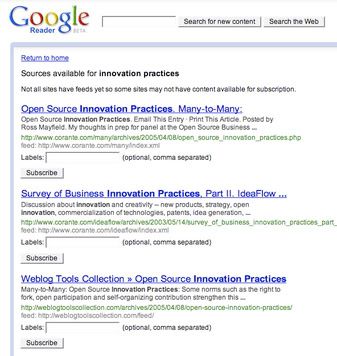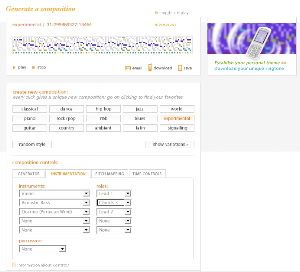What defines our lives?
What really creates meaning for us? These are big questions that are touching my life right now. My work world is consumed by helping people get a grip on what creates value and how to use all the wonderfulness of social media to connect us up to do that value. I feel like a broken record sometimes when I keep saying,
”It’s not about the technology, it’s about the people.” In my private life, my dad’s fragility of health has made me realize how precious simply having fun with someone is. My dad has been in and out of the hospital like a yo-yo recently. He’s in his 80’s and just physically deteriorating. We laughed the last time he came home – at least his shelf life wasn’t up yet.
Clint plays the sax in a band. He loves playing music so much that he goes off to weekly band practice in his wheelchair. It keeps him going and keeps him smiling. He’s been playing swing music since the 40’s, and our house was always filled with music and dancing. My parents met while my dad was playing and my mom was dancing. His instrument of choice has always been his “licorice stick”, the clarinet, which is only one of the instruments that he has played since childhood. His fingers aren’t nimble enough anymore to really work the keys, so he switched over to his sax, which requires a lot less finger action, and still gives him a place in the band. I think – in looking back – that he would have preferred to have played music for his professions than to have had a great business career. Imagine that. Playing music creates deep meaning for him in his life – and we grew up surrounded by that meaningful presence of music and dance. Basically, life is a party.
 "Photo thanks to © Karlheinz Klüter from www.jazzphotography.us"
"Photo thanks to © Karlheinz Klüter from www.jazzphotography.us"When we no longer can define our lives by stuff that creates meaning for us, what happens? Here’s another question:
“Are we content with work when it doesn’t create meaning for us?” Is it possible to create a meaningful work life with everyone around us? What would we have to do? What kind of dialogue do we have to open with others?
How do we measure meaning? Instead of counting just money as the only measurement of value creation, what would happen if we could generate a list of stuff that creates meaning for us in the context of our work? Are we already changing how we come together to create value in our lives through our work? Is that why we are migrating with such ease into the new tool set available through social media?
For me, the beauty is in the relationships – and not just between people. I can change something by doing it in a different way and in a new context and get such joy from it. If the relationships are healthy and aligned, then I derive tremendous satisfaction from what I do. And…money follows that. I love doing what I do, and I made a decision to no longer work with people or clients that are bullies. I just say no to te stuff that no longer creates meaning for me.
I want to make a series of filmed interviews and podcasts on what creates meaning in our work life for my next creative project.
What’s the “music” that creates meaning for you in your work life? If you would like to share your thoughts about what creates meaning for you in your work, please let me know so that we can set a date to film this interview.























